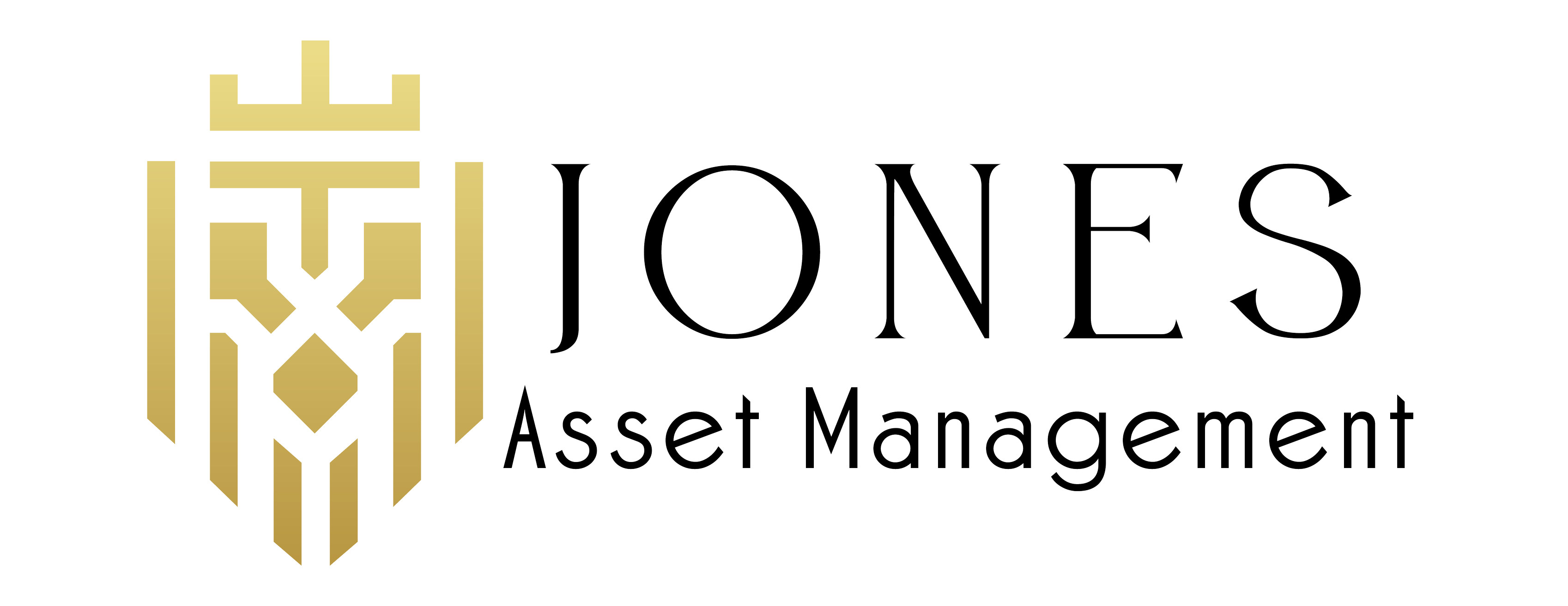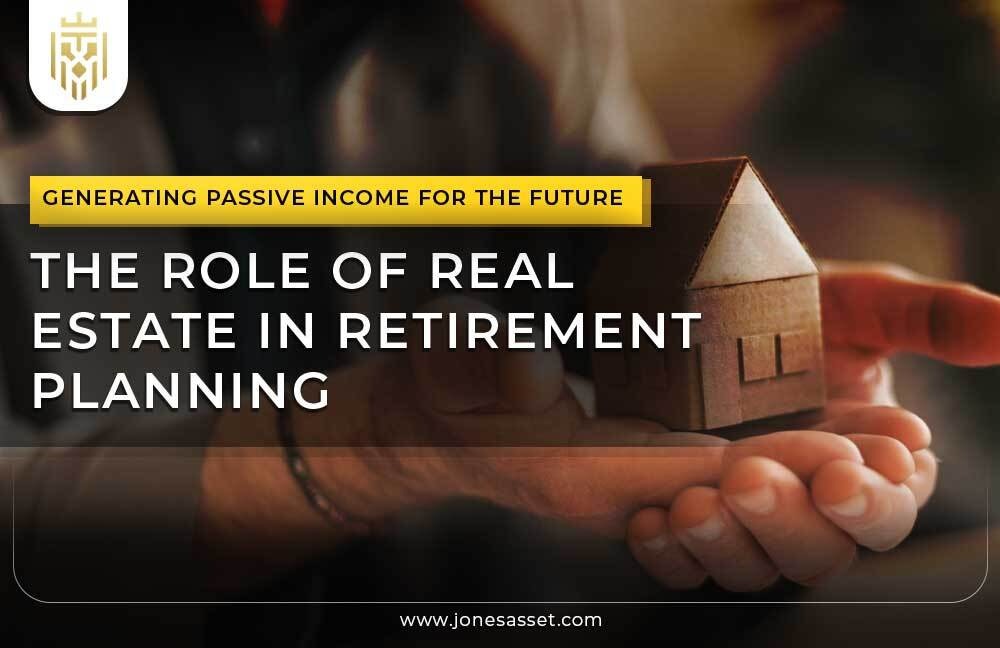Lounging in your beach house, sipping a refreshing drink while your bank account grows effortlessly everyday. Sounds like a dream retirement plan, right? With real estate as your secret weapon to achieve that passive income for the future, make your dream come true. Investing in the Indian real estate market is a reliable choice in general and also for an early retirement plan. To keep the money flowing even after your retirement and not worry about wiping off your bank accounts, it is essential to start creating a solid retirement plan without procrastinating. The popular options like the stock market, the complexity and instability are significant and people often tend to look for alternate options to invest. This is where real estate comes into action. The stigma around the instability and the need for massive initial commitment in real estate, prove to be insignificant when the investment choices are made with careful consideration and a strategy. By generating a steady passive income while retaining the property, real estate is a secure plan for your retirement.
Real estate Investment Options for Retirement Planning
Here are all the Real estate investment options to assist you in generating passive income after your retirement-
-
Acquire and Hold Properties: Generally known as rental properties, you can generate a steady income while reducing the foreseen risks by acquiring and holding properties. Here is how they work best in a retirement portfolio. With the appreciating property value over time, retaining the property can generate a higher steady income, balancing out the increase in living costs. When it comes to expenses after retirement, it is always uncertain and investments in rental property make sure your demands are met. In addition to needing fewer skills to buy and hold properties, you need not worry about the trends either. As a utility resource, residential property can never go out of trend. You can start investing in rental property any time keeping in mind the costs associated with maintenance and repair. Hiring a professional to manage your property can help you enjoy your retirement without worrying about maintaining your rentals.
-
Commercial Properties: Being used exclusively for business-related purposes, commercial properties need a huge amount of capital for investments. While they might have high initial investment costs, with attractive leasing rates they offer higher returns. With commercial properties, the tenure for rental is too high which reduces the possible losses. You should start investing in commercial properties at a young age if you plan on investing in them as a part of your retirement plan. Regular passive income can be generated for longer duration with lease agreements. They tend to become harder to handle if you plan on trying out the real estate sector in the late stages of your career. Additionally, eliminating the mortgage and utilizing retirement funds as leverage can transform it into a lucrative process free of risks. To keep you ahead of inflation, owning a commercial real estate property and leasing it out to well-known companies for rental prices can be a viable option.
-
REIT: Real Estate Investment Trusts are seen as one of the safest options to invest in. If you are someone who is hesitant to buy property as a form of investment, REITs are suitable for you as they pool capital from various investors to buy various projects. You get your regular income in the form of dividends from investment earnings without personally buying, maintaining and financing properties. With minimal risks, and steady cash flow, REITs are proven to be beneficial for retirement plans.
-
Real Estate Crowdfunding: When a group of investors come together and pool capital to invest for the completion of a project, it is called Real estate crowdfunding. The pooled capital is then invested in already existing or new projects. The REIT portfolio of properties includes retail centers, commercial properties, healthcare facilities and residential properties. This lets you tryout your options in real estate investments without the responsibility of owning a property or even paying extra money. Choosing this type of investment has various benefits, such as generating passive income, allowing to diversify investments in the real estate sector and access to unique projects.
-
Fractional Ownership of CRE: We always hear this when it comes to investment in commercial properties “You need a lot of capital when investing in commercial property”. This would’ve been true in the past but with fractional ownership, this is not the case anymore. You can now invest in high-budget commercial property with comparatively low capital. Several investors pool a significant amount of capital to buy a commercial property and then lease it out on rental rates, the amount received from the lease is distributed proportionally among the investors. For retirees looking to generate a steady rental income, fractional ownership is a high-return investment with lower risk. Senior citizens can invest up to 25% of their assets in fractional ownership to create continuous rental income and capital gains.
Why Choose Real Estate Investment for a Retirement Plan?
-
A Safer Investment option: Opting for longer periods of investment makes real estate a secure choice. Although there are occasional falls in the market because of various factors, once the recovery phase begins, the returns tend to reach greater heights. Contrary to unstable financial investments like stocks which can lead to unexpected losses, real estate investments are considered to be less risky. Ensuring a positive outcome for long-term investments and protecting your lifelong savings, real estate investment is a viable source of passive income for your retirement plan.
-
Possibility to Reduce risks: There are numerous investment opportunities available in the real estate market. Diversifying your investment portfolio can provide resilience against market fluctuations. One potential strategy for retirement planning is to invest in multiple properties, as this can help mitigate risks. By having a diverse portfolio, you can ensure a consistent cash flow and reduce the impact of potential losses by offsetting underperforming assets with returns from higher-performing ones. Consequently, real estate has become a more suitable option for retirement-oriented investments.
-
Safeguard Against Inflation: Inflation is an economic occurrence characterized by a significant increase in living expenses. This is a challenge during retirement but you can choose strategic investment options like renting out a property to protect against the economic downturns. The rental returns increase as the living costs hike and in turn help balance out your expenses.
-
Higher returns with capital appreciation: Over time the property’s value hikes due to capital appreciation. In turn this offers profitable returns that will help you manage the increasing expenses. If selling the property is part of your retirement plan, you would receive higher margins of profit.
-
Tax Rebates are an advantage to the Returns: While buying a property via loans, real estate investors can avail of the tax benefits by claiming a tax rebate. You can now acquire properties with higher significance that will in turn bring in comparative returns. The higher returns ensure a safer retirement life and help you in meeting the increasing expenditures.
To enjoy your retirement, plan and invest strategically. Real estate is the safest option as it is tangible and the requirement for residential and commercial properties only keeps increasing over time. With the various options available in the real estate sector like REIT, crowdfunding, and fractional ownership, you can generate passive income without dealing with the hassle of owning a property. This in turn allows you to mitigate risks, generate higher returns, and reduce risks. For properties in Bangalore, contact the best local property management company, Jones Asset Management to assist you in your search.
Happy Retirement!


